 There are several routes that an individual can take to become a CNC machinist and have the authority and knowledge to operate CNC machines. CNC stands for computer numerical control and is used to automate the machining process. Not only will he has to learn the basics of machining, he also needs to be adept with computers. When he gets hands-on experience, he can become a CNC machinist and make parts for prototyping or large production runs. Whether he learns in school or on the job, the same subject material applies and he needs to be aware of the many technical aspects of the job.
There are several routes that an individual can take to become a CNC machinist and have the authority and knowledge to operate CNC machines. CNC stands for computer numerical control and is used to automate the machining process. Not only will he has to learn the basics of machining, he also needs to be adept with computers. When he gets hands-on experience, he can become a CNC machinist and make parts for prototyping or large production runs. Whether he learns in school or on the job, the same subject material applies and he needs to be aware of the many technical aspects of the job.
Choosing The Right Training For CNC Machines
1. Enroll in CNC machining courses at a community college or trade school. The courses are usually help during evenings or weekends and are for varying levels of learning. Entry level courses will cover machining basics along with rudimentary hands-on CNC experience. Professors for these courses are usually area machinists and other mechanical engineers with years of real-world experience.
2. Take online courses in CNC machining. These courses are perfect for people who are interested in learning the CNC machining basics, but do not have flexible schedules. Learn at your own pace through videos, text and audio lectures that cover the basics all through tougher concepts like 5 axis machining and live tooling for CNC lathes. The videos can be re-watched and instructors are usually available through email or live chat.
3. Look for apprenticeship in the local area. Many machine shops will train people as an apprentice where they will lean about CNC from the machinists in the shop. Apprenticeship programs are entry-level and may pay a small hourly range, but it should give them the education and experience necessary to become a CNC machinist. Apprenticeship usually last a set period of time and the shop will then offer a job after the successful completion of the program.
4. Enroll in an internship at a machine shop while enrolled in a mechanical engineering course. Internship will give college credits, but will mostly not pay a salary of any kind. Larger companies usually cooperate with local universities and colleges to offer college credits that will allow the student to get hands-on experience on CNC machines under the tutelage of a trained machinist.
5. Get an entry level job at a CNC shop. Entry level jobs allow the person to work with the machinists while they get information about the machines and how they work. Being an entry level warehouse worker, they will require the help of the machinist to clean the machines and with the cutting of raw materials and the de-burring of the parts. Over time, they can train and move their up to an apprentice.
Looking For The Ideal CNC Machinist
The above information only goes to show just how much time and dedication it takes to become a full-fledged CNC machinist. When looking to hire a CNC machinist, it is important that you pick someone with the necessary qualifications. This way, you are assured that they can properly operate CNC machines and give you the results that you wanted.
